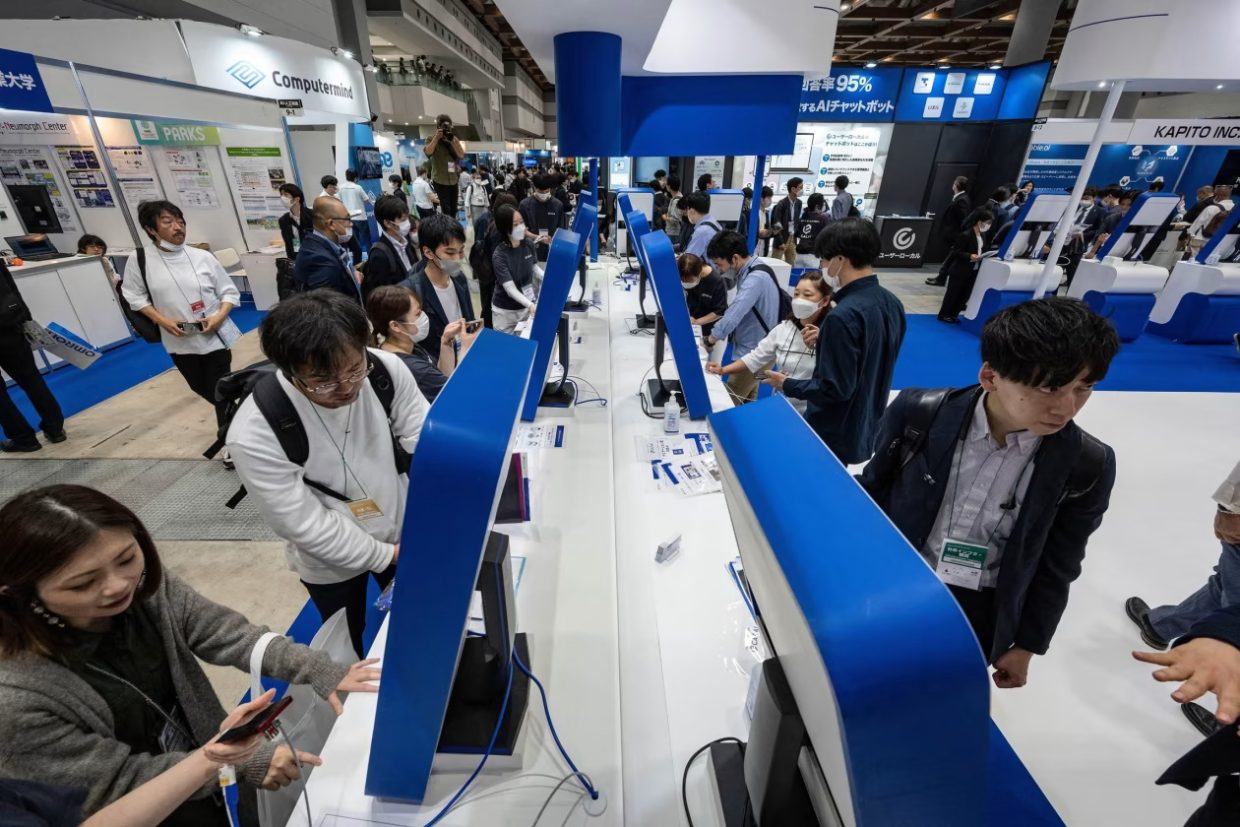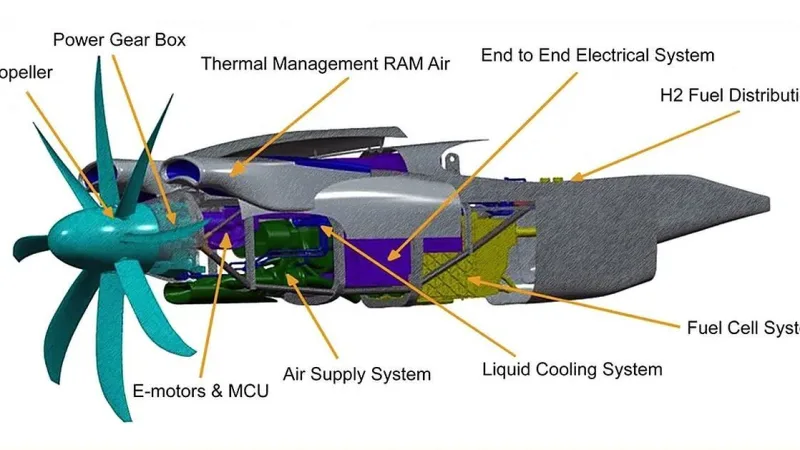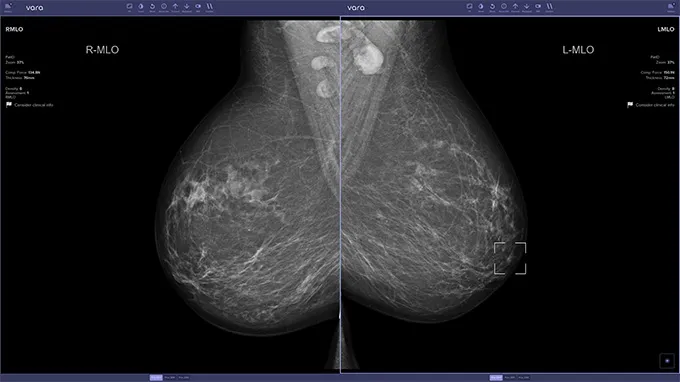Japan’s Move: AI Training Breaks Free from Copyright Constraints

In a bold move, Japan’s government recently declared that it will not enforce copyright restrictions on data used in AI training. This policy allows AI to utilize any data “regardless of its purpose, whether for non-profit or commercial use, or if it was obtained from illegal sources”. Keiko Nagaoka, Japan’s Minister of Education, Culture, Sports, Science and Technology, confirmed this decision at a local meeting. She explained that the nation’s laws will not protect copyrighted materials used in AI datasets.
Japan’s AI Chip Competitor Rapidus
This news is part of Japan’s ambitious plan to become a leader in AI technology. Rapidus, a Japanese tech firm renowned for its advanced 2nm chip technology, is now emerging as a major competitor in the world of AI chips. With Taiwan’s political situation becoming increasingly uncertain, Japanese chip manufacturing could be seen as a safer option. Furthermore, Japan is also taking steps to help shape the global rules for AI systems within the G-7.
Anime/Graphic Art Creators’ Concerns
While Japan’s decision is not universally embraced, it has sparked concern among anime and graphic art creators who fear that AI could diminish the intrinsic worth of their creations. Conversely, a contrasting perspective emerges from the realms of academia and business, as they fervently advocate for the government to capitalize on Japan’s permissive data laws. Their compelling argument posits that such a proactive stance would elevate Japan’s global competitiveness to new heights.
Govt Urged to Take Advantage of Relaxed Data Laws
With Japan having one of the lowest per-capita incomes in the G-7 and its economic growth having been sluggish since the 1990s, there is hope that effective implementation of AI could potentially increase GDP by 50% or more in a short period of time. Additionally, access to Western data is also essential for Japan’s success with AI; while there is an abundance of Japanese language training data available compared to English language resources found in the West, anime content from Japan has become popular globally. Thus it appears that Japan is seeking to ensure that if Western countries use Japanese culture for AI training then literary resources from those countries should also be accessible for Japanese AI projects.
Japan Elevates Global AI Regulation Discourse
Japan’s stance adds an interesting dynamic to current debates surrounding regulation and governance of AI technologies on an international scale; rather than disregarding global frameworks like some less developed countries may do in order to gain an advantage over others, we see one of the world’s largest economies choosing not to hinder research and development into this new technology but instead using it as a means to compete directly with other nations around the world.






